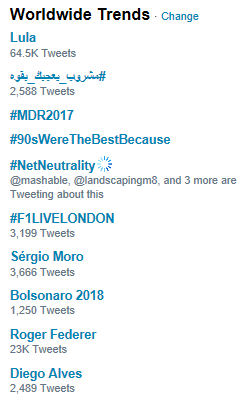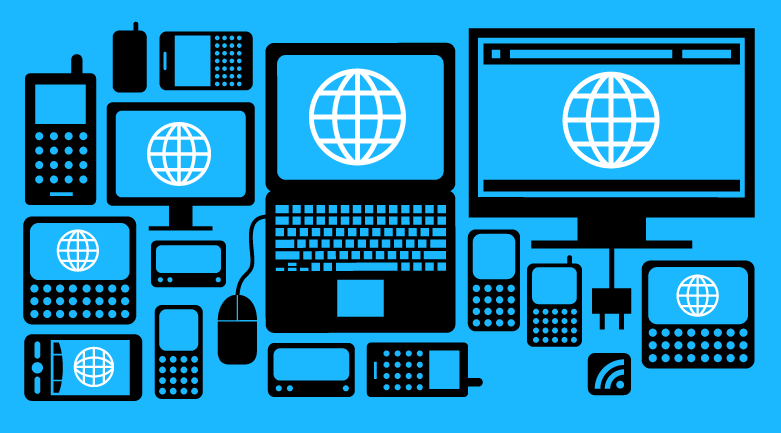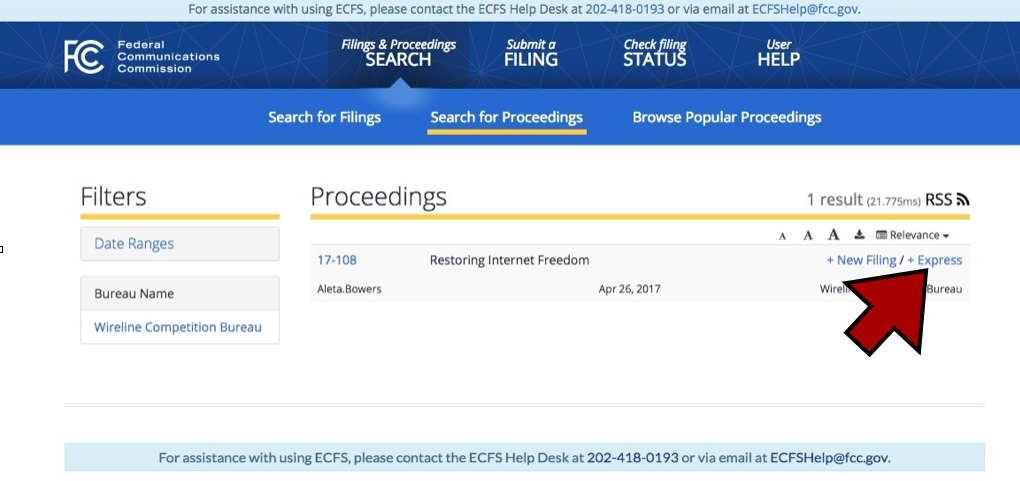Net Neutrality has become a hot topic in the past few months, resurfacing after being left alone for a while. Today, tech giants are taking to the [virtual] streets and protesting against talks being conducted recently in the United States to abolish Net Neutrality.
Website giants such as Twitter, Reddit, Twitch, Netflix and even Pornhub are protesting against this on Wednesday, July 12th. Reddit for example is doing it by slowing down loading speeds of it’s logo and giving a “bandwidth exceeded” warning to its users as seen below. Netflix on the other hand is adopting some real-time marketing strategies to deal with this issue and in this case – so are we; read below for an interactive guide on Net Neutrality.

Reddit Logo Slowed: Protesting Net Neutrality Deregulation
Why Net Neutrality is Important For You:
Net Neutrality is basically the concept that says that Internet Service Providers (ISP’s) must act as public servants in the sense that they can not discriminate against different websites on the internet based on a payment scheme. For example: if Net Neutrality regulations are abolished and Google would pay AT&T $1 million/month in Michigan and Bing would pay nothing, Google would load faster than Bing in Michigan just because of the money it is paying to “throttle” its speed. That’s the idea in a nutshell. Implications can go much further up to censorship and blocking certain domains but that’s an issue for another day; you will be learning about Net Neutrality and businesses for now.
If net neutrality regulations in the United States are abolished, this is what things would probably look like:
- Some websites would load faster than others – depending on how much money these websites are paying Internet Service Providers (ISP’s) which in the States are mainly AT&T, Verizon and Comcast.
- When websites are slowed down, the loading time of streaming videos for example would be much longer and buffering would be an everyday issue for a lot of people; not just those with slow internet speeds.
- ISP’s could start charging customers extra fees in order to remove the restrictions on speed differences between websites of their choice.
- Organic reach of websites to people, especially through search engines could be heavily impacted – mostly due to the fact that loading speeds of websites detected by search engines such as Google heavily affect the placement of these pages in search engine rankings.
- The above also has similar implications on paid ads on search engines or social media, even if indirectly – think of it this way: if you and your competitor place the same ad but one has a page loading time of 2 seconds since the domain pays the telecom companies more while the other has that of 10-15 seconds; which do you think will keep more users engaged on and not have them exit the page directly?
From GIFs as the one above to the one seen below featuring Donald Trump, the ISP’s and Ajit Pai – head of the Federal Communications Commission (FCC) which is responsible for regulations such as Net Neutrality and previous lawyer for Verizon. This was cleared in a recent episode of Last Week Tonight with John Oliver – a satirical political show produced by HBO – and people are not taking the possible threats to the integrity of Net Neutrality well.

Net Neutrality and the FCC
The following video on Vimeo promoted by the website shows briefly what the effects of removing Net Neutrality regulations may cause and explains the reactions that have been seen on social media:
The main issue is that this decision could set a precedence for other countries or regimes to start moving along a similar trajectory. The London School of Economic’s (LSE) Media Policy Project Blog called Net Neutrality “The First Amendment of the Internet” which is a very strong statement on how much of an influence it has.
This is unlikely to happen in areas like the EU since the European Union has, through the Body of European Regulators for Electronic Communication (BEREC), released its guidelines on Net Neutrality within the European Union in August 2016 . Other similar internal agencies upholding such regulations are the Ministry of Digital Affairs (Ministerstwo Cyfryzacji) in Poland.
Some more food for thought would be for the UK after leaving the EU; will the Net Neutrality regulations be upheld or might there be a move to follow what is happening in the United States?
Net Neutrality on Social Media:
Moving away from politics and closer to social media, Twitter introduced an Official Hashtag for Net Neutrality and promoted the fight for preserving it through a blog post released at midnight on July 12th urging people to fight for it as well as a call to action for submissions of letters to the FCC to urge them to denounce the deregulation.
Furthermore, the #NetNeutrality hashtag has been trending Worldwide on Twitter, signalling a strong social media presence for it. A quick overview using KeyHole shows that the reach of the hashtag has been to over 9.7 million people in the first few hours at least.

Twitter Worldwide Trends July 12, 2017 – Net Neutrality
And last, but definitely not least: here is the display of real-time marketing shown by Netflix for all the series lovers out there in which they are promoting the release of Season 2 of Stranger Things (which was just announced yesterday to premier in October) hence promoting the cause but also benefiting from all the exposure.
This GIF will buffer until #NetNeutrality is safe. @Stranger_Things pic.twitter.com/elSWlOUklr
— Netflix (@netflix) July 12, 2017
What do you think about net neutrality and the effects that might come up if the regulations are removed?









